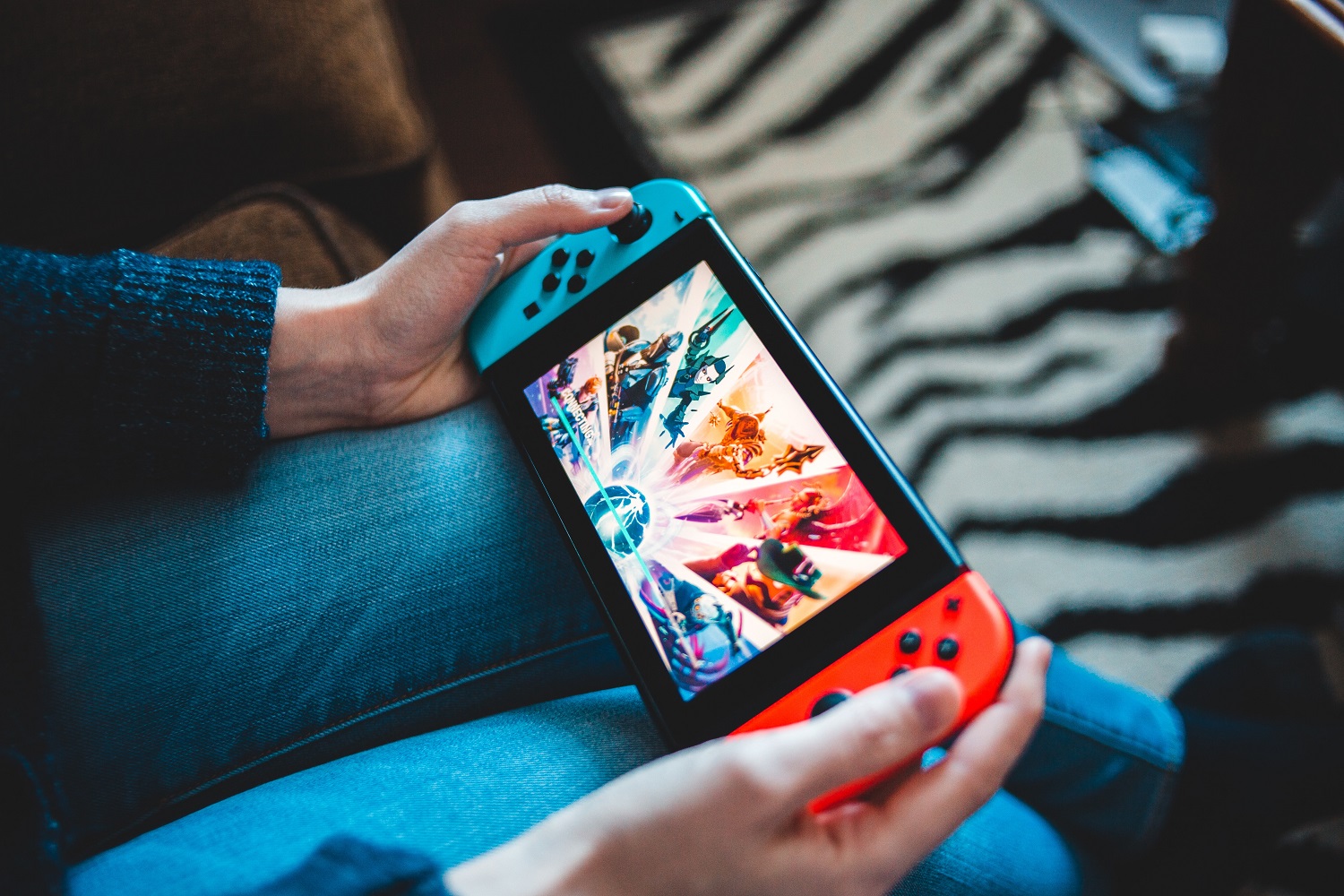Written by: Harshita Agarwal
Talking about the present conditions where everyone is restricted to stay within the four walls, internet and technology are major sources of entertainment. Not only children but even adults are constantly using their cell phones by scrolling through various kinds of videos, posts, or by playing games online. Therefore, regardless of age, all kinds of games including puzzles or matching candies, can become a habitual past-time. Addiction to online video games is sometimes considered as a form of computer addiction or Internet addiction. Excess and careless use of online video games and internet can become addictive in nature which can increase difficulty for parents as online video games are mostly marketed to attract adolescents and children.
Understanding Online Video Game Addiction:
For most, playing online games is a great leisure activity – an approach to unwind, interact with friends and other online players.
Gamers feel invited and completing a challenge gives them a sense of accomplishment and thrill, something they may not feel regularly in reality. They can help other players, make companions, and foster status. Even though the setting is virtual, for many, the connections made are genuine.
For some kids, the feeling of being essential for something and having a task to carry out can be significant and exciting, or keep busy. This can become an important part of social life or their daily routine overtime.
However, complete dependence on online games can be isolating and detrimental predominantly for kids and youngsters. Grown-ups and youngsters can form obsessive associations with games that they like playing. Practically all children and youngsters play internet games. But, its important to be cautious of uncontrolled and unmonitored video gaming, especially at younger ages.
Online game addiction can adversely affect the child’s achievement in school. A child who obsessively plays games may procrastinate or avoid, studying, finish schoolwork, or take part in activities, sports or clubs. They may feel drained at school and sleepy in class. Playing games exorbitantly can negatively influence a youngster’s emotional development, much like their academic achievement. Moderation in video gaming and in other online games is crucial.
According to the World Health Organization (WHO), Online gaming Addiction is characterized by a severely reduced control over gaming, resulting in an increasing gaming time and leading to negative consequences in many aspects of the individual life: personal, family, social, occupational, and other relevant areas of functioning.
The measure of time that somebody spends playing doesn’t mean that they have an addiction because they could spend hours playing just because they have fun and could stop without any trouble. Paradoxically, an individual may have a dependence on a game if they can’t quit, even though they realize they should. They’re well aware of the adverse effects yet they continue to play.
Signs of Online Game Addiction:
- Being disconnected from loved ones.
- Thinking about gaming a great deal of the time.
- Not being able to stop or reduce playing time
- Having problems at work, school, or home because of gaming.
- Staying away from daily activities and interests they once
- Feeling frequently drained because they’re not getting sufficient rest and sleep.
- Upset, irritable mood when not playing video games
- Have physical issues from gaming excessively, like headaches, and eye strain, bad posture.
Healthier ways to cope with excessive gaming:
Become self-aware: You can become aware by asking yourself a couple of questions: Does your gaming hinder other significant things in your day-to-day existence, like your relationships, connections, your work, or going to school? Do you feel like you’ve gone too far between enjoying playing and having to play?
Set a timer: Set time limits for play. It will help you to track the amount of time you spent in playing video games. It can also help in controlling the usage.
Schedule gaming: If you spent 5 Hours a day, aim for 4 hours the next day and likewise keep reducing the time slowly until you reach your goal.
Physical exercises: Stretch a bit, go for a walk or workout daily to improve body structure and lower health risks. Meditation can also help in reducing the stress.
Have a social life: Go out and meet your friends, cousins or make new friends to spend your time. Form genuine bonds. Trying talk to them more instead of chatting.
Bid adieu to games: Distract yourself with some fun and interesting activity which will help you to pull away from video games. Start a new hobby like reading, dancing or painting.
Get professional help: If you can’t handle on your own its always better to consult a specialist or mental health professional as they can help you manage the issues and support you throughout the journey.


